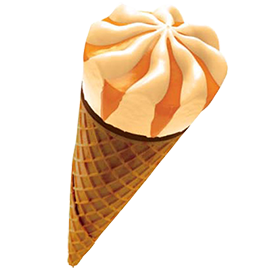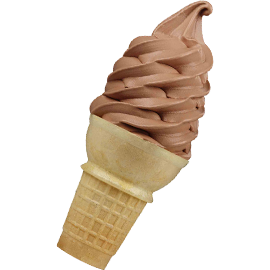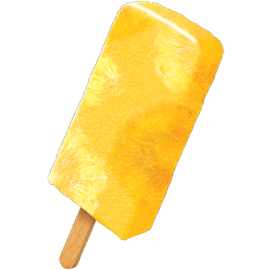Why Kosher?
Don’t see the information you need below?
What is kosher?
Kosher food complies with the strict dietary standards of traditional Jewish law. To ensure these standards of kosher, kosher food products require the presence of a mashgiach – a trained supervisor, well versed in the laws of kosher, to oversee all steps of production.
What standards of kosher does Klein’s uphold?
Klein’s upholds the most stringent levels of kosher. With dual certifications from both Hisachdus and Harav Usher Eckstein of Belz, Klein’s is trusted implicitly by ultra-orthodox jewish communities worldwide.
What’s cholov yisroel?
Jewish law requires oversight during the milking process in order to ensure all milk is derived from a kosher animal, such as a cow. While some orthodox jewish communities consider government law to be adequate oversight, other orthodox jewish communities consider the physical oversight of a mashgiach (trained kosher supervisor) essential. The added complexity of ensuring a cow’s good health in order to ensure the kosher standards of the milk has only served to reinforce Klein’s firm commitment to using only strict cholov yisroel milk in all of its dairy products.
Why is cholov yisroel so important to many orthodox Jews?
Nowadays, non-cholov yisroel milk can mistakenly lead many to consume non-kosher cow milk. This is because, over the past several decades, cows diets have changed to be much richer in grain, leading to growing and tremendous kashrut issues most kosher consumers are not even aware of. In the U.S., all cows are tagged and monitored for health, as is mandated by government regulations. However, there are cows which U.S. manufacturing laws consider healthy but would not be considered kosher according to leading Rabbonim in Israel and the U.S. (There are some who follow a less stringent ruling, but Klein’s adheres to the most stringent ruling.) According to this ruling, milk from those cows are rendered non-kosher, as well.
What would render a cow unfit by kosher standards?
Cows tagged as “DA” (“displaced abomasums,” or a twisted stomach). This condition occurs as a result of the cow’s diet, which is often rich in grain. The abomasums are part of the cow’s digestive system, which shifts out of place. This condition is commonly corrected via surgery. However, the procedure often creates minute scissions in the wall of the animal’s stomach, and according to the Shulchan Aruch if a cow has a puncture in its abomasums, it is considered a treifah – forbidden to consume according to kosher law. It is extremely difficult – if not impossible – to know which among the marked DA cows have punctures in their stomachs that would render them non-kosher. This renders both the meat and milk derived from these cows, non-kosher. According to U.S. manufacturing laws, there is nothing wrong with consuming milk from a cow with a stomach puncture, but most leading Rabbanim agree that all such cows are presumed to be non-kosher, which renders both their meat and milk strictly off limits
Does cholov yisroel affect the taste of ice cream?
No. Factors that affect taste and texture of ice cream include the quality and quantity of cream included in ice cream, and the process of emulsifying the ingredients. Cholov yisroel and kosher ingredients are more costly to obtain, but Klein’s is passionately committed to upholding quality standards through every step of production, from renting out top manufacturing facilities, to employing top food scientists, chemists, and flavorists — and, of course, using only the best ingredients. Learn more
What makes some foods kosher-for-Passover?
During the 8-day Jewish holiday of Passover, religious Jews do not consume any trace of leavened bread or fermented grains. To ensure the stringencies of our products during that time period, all Klein’s products marked as “kosher-for-passover” do not contain any of the following five grains: wheat, barley, oats, rye or spelt.




